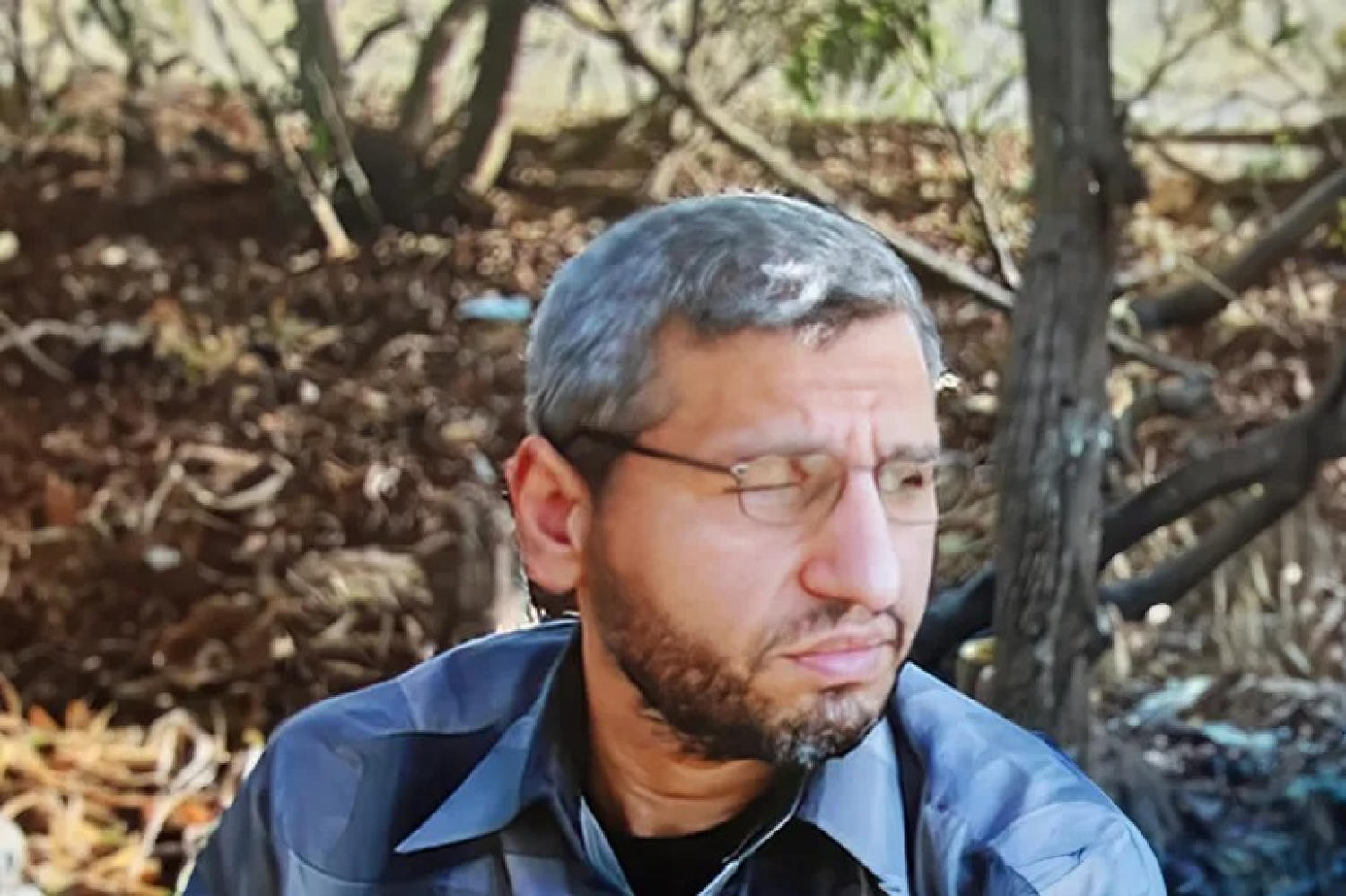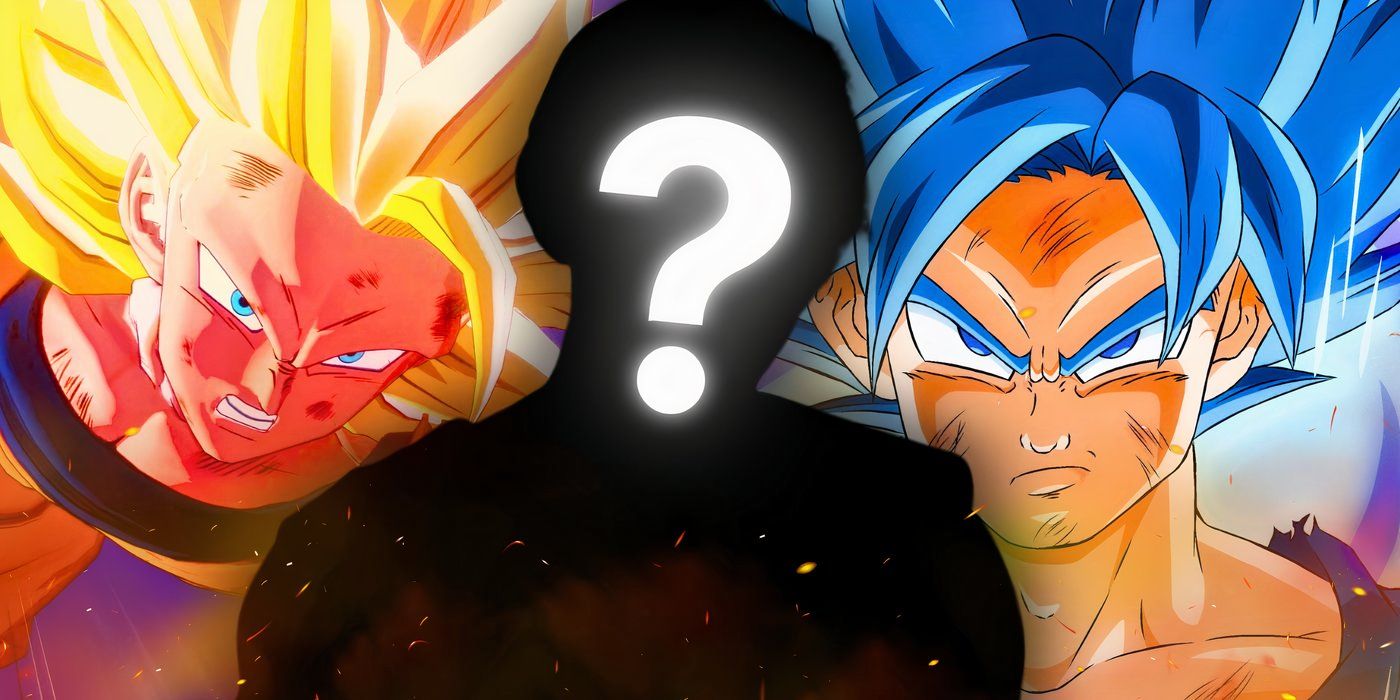Hospital doctors in England start new strike ahead of elections

On Thursday, junior doctors in English hospitals began a five-day strike, a week ahead of a general election in which the state of the publicly funded National Health Service is a key issue.
Previously, there had been nearly a dozen similar protests by doctors below the specialist level in the last 18 months.
The British health service NHS is struggling with a massive backlog caused by the Covid 19 pandemic.
According to a recent survey, less than a quarter of Britons are satisfied with the NHS – an unprecedented figure.
In addition to delays in surgery and the start of cancer treatment, people also face long waits for a doctor’s appointment at their local practice.
As a starting point for the cost of living crisis, doctors are demanding a “wage increase” of 35 percent.
They have said they would abandon the measure if Conservative Prime Minister Rishi Sunak made a credible promise of a pay rise.
Shivram Sharma, a junior doctor in London, told AFP he and his colleagues were protesting “because we have been in dispute with the government for 20 months … and have still not received a credible offer.”
He added: “Doctors are tired. We are frustrated, but above all we are afraid… We have seen the quality of care in this country decline.”
– Continued payment of wages –
Sharma said patients were being shortchanged and had to wait longer for treatment, especially in the emergency room, and that doctors were leaving the profession.
“We need to keep doctors here and stop them leaving because of the poor conditions and poor pay,” he said at a picket outside Saint Thomas’ Hospital in central London.
“Until we resolve this, waiting lists will continue to grow and wards will remain understaffed.”
The focus of the junior doctors’ demands is a wage increase from 15 pounds (just under 19 dollars) to 20 pounds per hour.
Vice-chair of the British Medical Association’s Junior Doctor Committee, Sumi Manirajan, said salaries had not kept pace with inflation over the past 15 years and doctors had to pay thousands out of their own pockets for fees, courses and exams.
Manirajan said the government had already made a number of commitments on public spending for the July 4 general elections.
“Rishi Sunak has committed to spending £2.5 billion on a national service (military or civilian). Paying doctors would cost £1 billion,” she said.
The government has already “wasted three billion pounds fighting us,” she added.
“So the money is there. It is a political decision where it is spent.”
The strike will last until Tuesday, two days before the general election, which the main opposition party Labour is expected to win.
Wes Streeting, Labour’s health spokesman, said no Labour government would be able to meet the 35 per cent requirement, but there was “room for discussion”.
Due to decades of inflation, strikes occurred in all sectors of the economy in 2023, from teachers to train drivers.
Many of the other salary disputes have been settled by the government, semi-government bodies and private companies. However, some are still unresolved, such as the disputes with junior doctors.
Sunak’s government said the doctors’ demands could not be met due to strained public finances.
She accused the organizers of the strike of political motivation.
har-str/phz/gil



